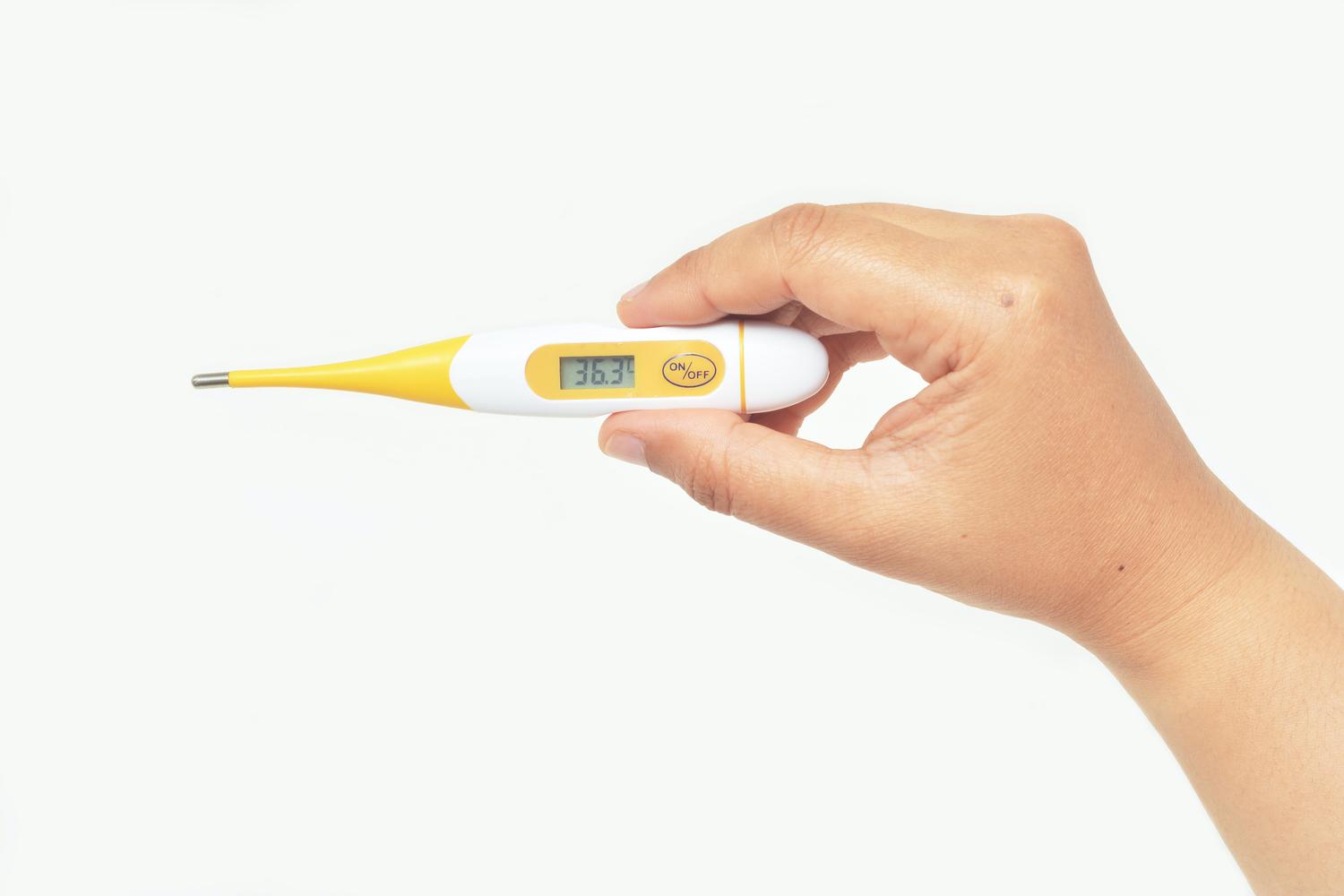A cold, the flu or COVID?
A case of the sniffles was once viewed as a mere byproduct of the winter months. Now, rightfully so, we’re immediately questioning: what is this? Is it COVID? Is it the flu? Is it just a cold? Symptom checkers are helpful but aren’t the be-all, end-all. The best thing you can do if you or a loved one are feeling flu-like symptoms is to talk to your doctor and get tested for COVID-19.
So, what are the key differences?
COVID vs. a Cold
COVID-19 and the common cold are both caused by viruses. COVID is caused by SARS-CoV-2, whereas rhinoviruses are typically what bring about a cold. Many of the symptoms can overlap - but where you’ll see the biggest differences are in GI symptoms. COVID sometimes sees GI symptoms like diarrhea and nausea, where colds do not.
Muscle aches and fever can also be a sign you may be experiencing COVID instead of a cold. Here’s a look at how symptoms can vary across COVID and colds:

Source: Mayo Clinic
COVID vs. the Flu
If you’re wondering whether you might be dealing with the flu or COVID, again, your best course of action is to get a COVID test.
More so than the common cold, flu and COVID share symptoms - and it can be difficult to determine on your own what you may be sick with. Talk to your doctor if you think you may have either, and be sure to follow CDC guidelines if you have been exposed to COVID.
The symptom list below can help - COVID typically sees a dry cough (vs. a wetter one with flu). COVID’s hallmark symptom of loss of taste or smell is important to watch for as well, as it’s not common in flu cases.

Source: Mayo Clinic
If you’re concerned about your symptoms or are looking for more information, Sesame offers same-day, affordable online COVID-19 visits on Sesame. You'll be able to talk with a medical expert who can assess your symptoms, offer medical advice, and prescribe medication when appropriate - all from the comfort of home.








